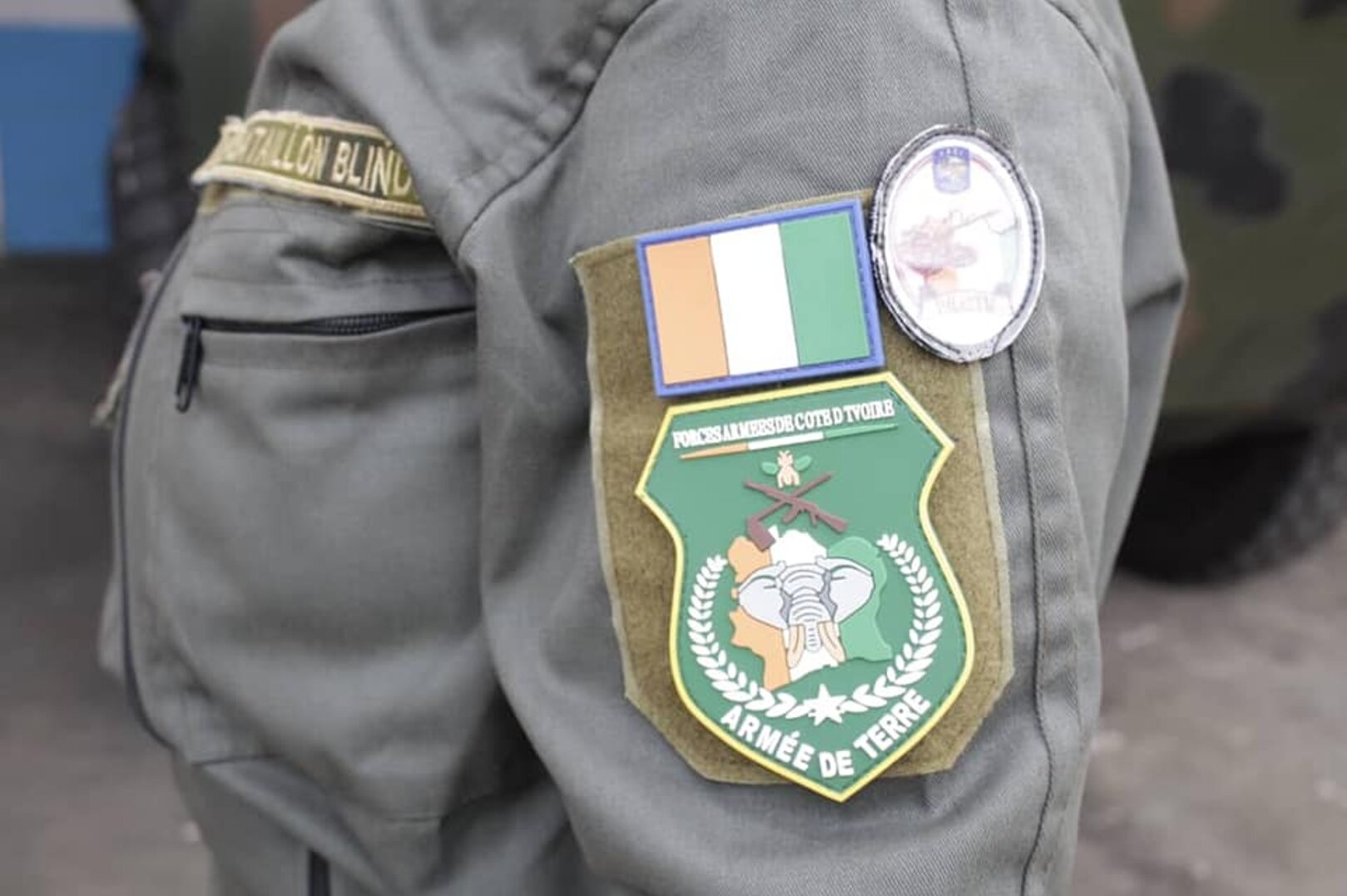The Armed Forces of Côte d'Ivoire (Forces Armées de Côte d'Ivoire, FACI) are responsible for the defense and security of the nation. They operate under the authority of the Ministry of Defense and play a crucial role in protecting the country's sovereignty, maintaining internal stability, and contributing to international peacekeeping efforts.
Structure
The Armed Forces of Côte d'Ivoire are organized into several branches, each with specific responsibilities and capabilities:
- Army (Armée de Terre): The largest branch of the FACI, the Army is responsible for land-based military operations. It includes infantry, artillery, armored units, and engineering corps. The Army is equipped to handle a range of missions, from combat operations to disaster relief.
- Navy (Marine Nationale): The Navy protects the country’s maritime borders and secures its territorial waters. It conducts maritime patrols, anti-piracy operations, and search and rescue missions. The Navy also supports humanitarian assistance and disaster relief efforts.
- Air Force (Force Aérienne): The Air Force provides aerial defense and supports ground and naval operations. It conducts surveillance, reconnaissance, and airlift missions. The Air Force is also involved in humanitarian missions, including medical evacuations and disaster response.
- Special Forces: These elite units are trained for specialized operations, including counter-terrorism, hostage rescue, and reconnaissance missions. They are highly skilled in unconventional warfare and operate in high-risk environments.
Functions and Responsibilities
The primary functions and responsibilities of the FACI include:
- National Defense: Protecting the country's sovereignty and territorial integrity from external threats. This involves maintaining a state of readiness to respond to potential military aggressions.
- Internal Security: Assisting in maintaining internal stability and security. The FACI can be called upon to support law enforcement agencies in combating insurgency, terrorism, and other internal threats.
- Disaster Response and Humanitarian Assistance: Providing aid and support during natural disasters and humanitarian crises. The FACI participates in search and rescue operations, medical assistance, and the distribution of relief supplies.
- International Peacekeeping: Contributing to international peace and security by participating in United Nations peacekeeping missions and other multinational military operations. The FACI works alongside international partners to promote stability and peace in conflict-affected regions.
Training and Professional Development
The FACI places a strong emphasis on the training and professional development of its personnel. Training programs are conducted at various military academies and training centers, focusing on combat skills, leadership, technical proficiency, and ethical conduct. Continuous professional development is encouraged to ensure that military personnel remain well-prepared to meet evolving security challenges.
Recent Initiatives
In recent years, the Armed Forces of Côte d'Ivoire have undertaken several initiatives to modernize and enhance their capabilities. These include:
- Modernization of Equipment: Updating military hardware and equipment to improve operational effectiveness. This involves acquiring new weapon systems, vehicles, aircraft, and naval vessels.
- Training and Capacity Building: Enhancing the training programs to include advanced techniques and technologies. Partnerships with other countries and international organizations are leveraged to improve training and capacity-building efforts.
- Strengthening Regional Cooperation: Collaborating with neighboring countries and regional organizations to address common security challenges. Joint exercises and intelligence sharing are key components of these efforts.
- Community Engagement: Building stronger relationships with local communities through outreach programs and public engagement activities. This helps to foster trust and cooperation between the military and the civilian population.


